We’ve done some digging, run the numbers, and present to you a new member of our leaderb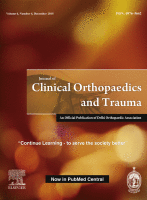 oard: orthopedic researcher Bernardino Saccomanni. Nine newly unearthed retractions of his make for a total of 14.
oard: orthopedic researcher Bernardino Saccomanni. Nine newly unearthed retractions of his make for a total of 14.
We first reported on Saccomanni’s work back in 2011, and identified him as a “serial plagiarist.” In the years since, he’s continued to rack up retractions for papers on the likes of ligament reconstruction and shoulder pain. On every paper, he is listed as the sole author.
Bernardino Saccomanni’s most recently listed affiliation on the papers is “Ambulatorio di Ortopedia, via della Conciliazione.” He sometimes also lists his affiliation as Gabriele D’ Annunzio University Chieti, even though, as we learned a few years ago, he hasn’t worked there for many years.
There’s a lot to cover here, so stick with us:
1) First up, “A new test for acromio-clavicolar pathology” was published in the Journal of Clinical Orthopedics and Trauma and cited zero times according to Thomson Scientific’s Web of Knowledge. Here’s the retraction note:
Continue reading Serial plagiarist’s retractions upped to 14
 We’ve learned about two more retractions we missed for
We’ve learned about two more retractions we missed for 

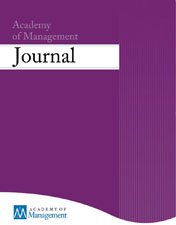 The author of a paper that looked at how the geographical spread of research and development sites has impacted innovation has posted a four-page list of corrections that fixed “empirical anomalies” in the paper.
The author of a paper that looked at how the geographical spread of research and development sites has impacted innovation has posted a four-page list of corrections that fixed “empirical anomalies” in the paper.

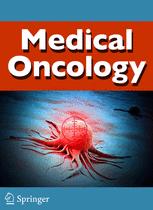
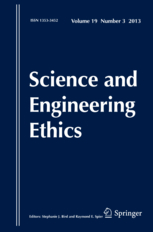
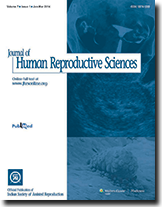 The first author of a paper
The first author of a paper